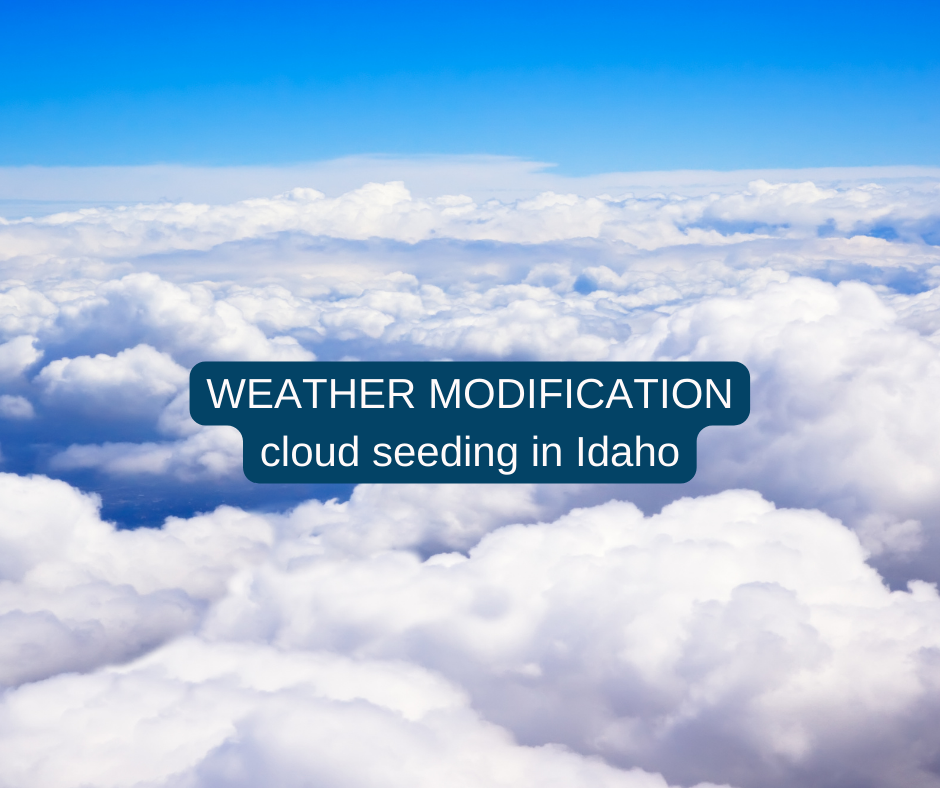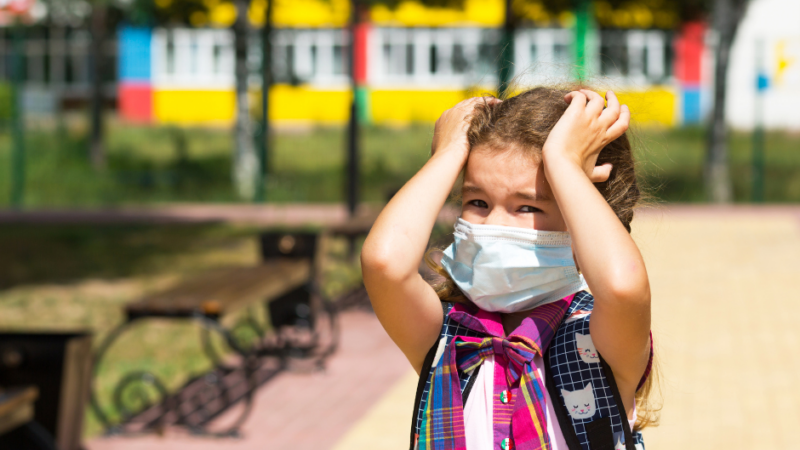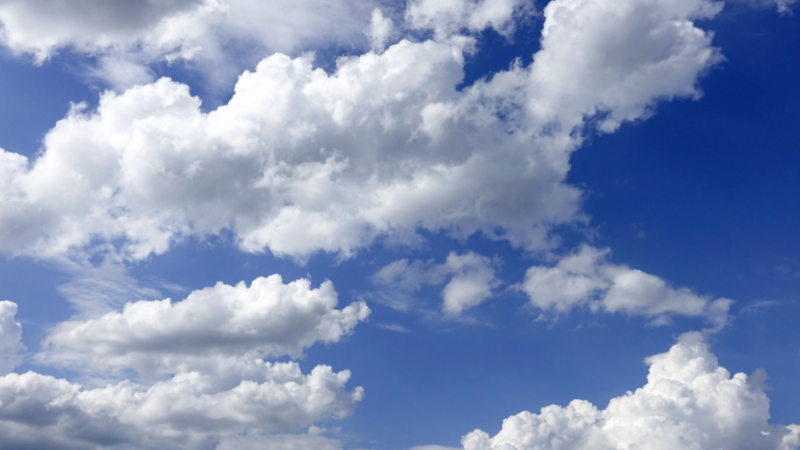Weather Modification in Idaho

Idaho’s Cloud Seeding and Weather Modification: Addressing Concerns and Seeking Transparency
Watch this video of Miste Karlfeldt discussing the Idaho Water Resource Board and Cloud Seeding in Idaho with Dr. Daniel Bobinski of True Idaho News
In Idaho, cloud seeding and weather modification programs have raised legitimate concerns among residents who question whether we are unwitting subjects of experimental weather manipulation and what potential health impacts might arise from seeding our skies with chemicals that eventually return to earth. These concerns deserve thoughtful consideration, Health Freedom Idaho is calling for transparency and accountability in exposing our family’s potential health risks.
Zoom link to join the meeting: https://us06web.zoom.us/j/89715998383?pwd=Vk80cWZyZjFzdlZ6UEkrcHJqa3hGQT09
Meeting ID: 897 1599 8383
Passcode: 478824
Dial in Option: 1 (253) 215-8782
Experimental Manipulation of Weather
Residents have every right to question whether cloud seeding amounts to experimental weather manipulation. While cloud seeding is a recognized weather modification technique, it is crucial that these programs are conducted responsibly, with transparency, and within the bounds of established regulations. The Idaho Water Resource Board, responsible for overseeing such activities, must ensure that cloud seeding programs are based on sound scientific principles and are carried out with the utmost care. On September 6, 2023, they conducted a public meeting.
Health Impacts and Chemicals
One of the primary concerns centers around the chemicals used in cloud seeding, specifically silver iodide and calcium chloride. These substances, when released into the atmosphere, can return to the earth’s surface and potentially affect our environment, including our food, pets, and children. Idaho residents are subjects of comprehensive monitoring and research.
Those individuals responsible for weather modification do not completely understand the extent of these potential impacts. Does that concern you?
While silver iodide is generally considered safe when used in small quantities for cloud seeding, there are potential negative impacts and concerns associated with its use. These concerns include:
- Environmental Impact: One of the primary concerns is the potential environmental impact of silver iodide. When released into the atmosphere, silver iodide particles can eventually fall to the ground and enter the environment. Accumulation of silver in soil and water bodies can be harmful to aquatic life and terrestrial ecosystems.
- Water Contamination: Silver iodide can find its way into water bodies, potentially contaminating surface waters. Elevated silver levels in water can be toxic to aquatic organisms and disrupt ecosystems.
- Human Health Concerns: While the concentrations of silver iodide used in cloud seeding are generally low and not considered harmful to human health, there are concerns about the potential inhalation of silver iodide particles. Inhaling silver iodide dust could potentially lead to respiratory irritation, although this risk is minimal under normal cloud seeding operations.
- Ethical and Legal Concerns: Some individuals and communities raise ethical concerns about cloud seeding, including questions about informed consent and whether weather modification should be carried out without the consent of affected parties.
- Unintended Consequences: The practice of cloud seeding aims to increase precipitation in specific regions, but there can be unintended consequences. Altering weather patterns through cloud seeding may affect downstream regions, potentially leading to water resource conflicts or other unintended impacts.
- Effects on Local Climate: Altering local weather patterns through cloud seeding could have unforeseen effects on the climate and ecosystems of the targeted areas. These long-term effects require careful consideration and study.
Lack of Long-Term, Comprehensive Studies
There is a lack of comprehensive, long-term studies on the environmental and health impacts of silver iodide from cloud seeding. More research is needed to understand the full extent of potential negative effects. The call for long-term, comprehensive studies on the safety and efficacy of cloud seeding is entirely valid. To date, there remains a scarcity of in-depth research that can conclusively determine the practice’s impact on our environment and human health and its effectiveness in increasing precipitation. Transparency in sharing such studies when they become available is imperative to address public concerns. How do they conduct these studies without subjecting us to exposure to assess the risks?
Number of Cloud Seeding Stations: Idaho currently has multiple cloud seeding stations throughout the state. These stations work in collaboration with various weather modification programs and agencies to enhance precipitation in areas facing water scarcity.
Understanding Man’s Impact on Weather Systems: The extent of humanity’s impact on natural weather systems remains a subject of ongoing scientific study. Weather modification programs like cloud seeding are designed to enhance precipitation within the natural variability of weather patterns. Determining a direct link between cloud seeding and specific weather events, such as the “snowpocalypse” of 2015, is a complex challenge that requires comprehensive research and analysis.
The concerns of Idaho residents regarding cloud seeding and weather modification are valid and must be addressed. Transparency, rigorous research, and responsible oversight are essential to ensure that these programs are conducted safely and within the bounds of ethical and environmental considerations. It is our collective responsibility to advocate for transparency, engage in informed dialogue, and seek answers to legitimate questions as we navigate the complex realm of weather modification in Idaho. Only when citizens express concern and interest through open dialogue and call for transparent practices can we ensure the well-being of our communities and the preservation of our environment.





